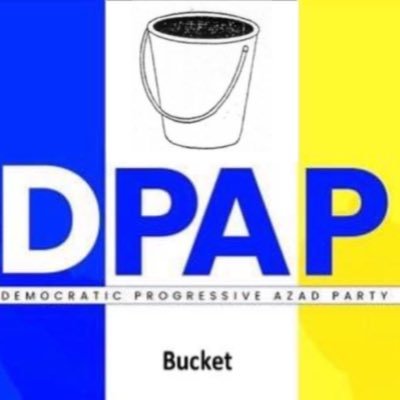
Multiple former ministers and senior figures have rejoined Congress through formal ceremonies, signalling that DPAP no longer commands the loyalty of its founding supporters. Among them are former ministers Jugal Kishore Sharma and Abdul Majid Wani, who returned along with several hundred followers. Also rejoining are ex-MLC Subash Gupta and senior leader Brij Mohan Sharma at an event celebrating the anniversary of former prime minister Indira Gandhi.
Azad, who served as Chief Minister of the erstwhile state of Jammu & Kashmir and later as Leader of Opposition in the Rajya Sabha, founded DPAP in September 2022 after leaving Congress. His initiative was presented as a home-grown alternative for Jammu and Kashmir, aimed at countering the national parties and regional forces. The party’s flag, colours and name were unveiled after his departure from Congress.
Initial momentum was visible: several former Congress leaders signed up to DPAP and Azad positioned himself as a credible alternative voice in the union territory’s politics. However, the assembly election held in 2024 undercut that trajectory. The Congress and the Jammu & Kashmir National Conference alliance secured a combined majority, while DPAP failed to make a significant impact. The failure to gain meaningful electoral traction appears to have undermined internal morale and commitment.
Internal sources suggest the departure of senior leaders has been building for months. A return of two key ministers earlier in the year was flagged as a blow to DPAP’s credibility. The latest round of re-entries into Congress underscores the party’s weakening grip on cadres. As one leader put it, DPAP “does not have the leadership or the resources to sustain itself,” highlighting fractures within its structure and finances.
Outside analysts say Azad now faces two key decisions. One option is to attempt a revival of DPAP by rebuilding its organisational base, raising fresh funding, and recruiting youthful leaders to reinvent its image. The other is to bow out from frontline politics and signal a transition—possibly to a mentor or elder statesman role, allowing younger figures to carry forward independent aspirations. Azad’s public remarks offer some insight: he has expressed concern over “fading brotherhood” and the erosion of the region’s social fabric, suggesting he views DPAP not purely as an electoral vehicle but as a platform for broader socio-political reconstruction.
Yet the challenges are stark. Without significant representation in the legislative assembly, without the financial muscle to contest all seats, and without a unique policy platform that differentiates it from larger parties, DPAP’s ability to function as an independent force is in question. The repeated defections weaken the party’s messaging that it can stand apart from Congress or the ruling national parties. Meanwhile, Congress is gaining momentum in the region through the absorption of former allies and cadres, consolidating its position in the Jammu and Kashmir political space.
